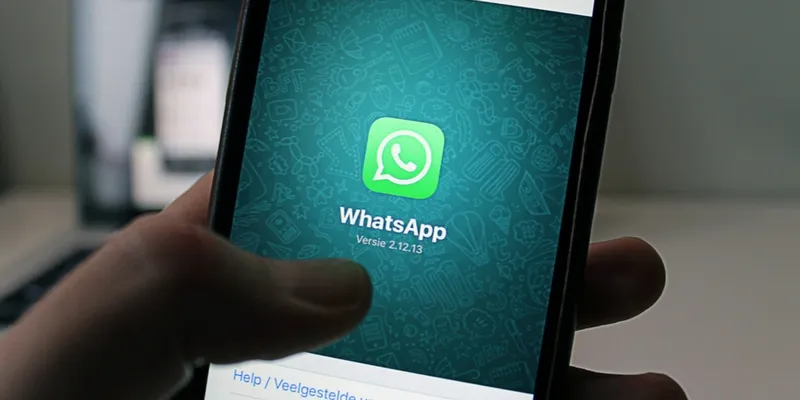Trai recommendations on OTT issue likely by Feb-end: RS Sharma
Telecom regulator Trai hopes to finalise, by February-end, its recommendations on whether over-the-top (OTT) services, such as WhatsApp and Skype, should be brought under the regulatory ambit, according to a top official.
"We will be organising open house discussions soon. And hopefully, by the end of the next month, we should be able to come up with recommendations," Trai Chairman RS Sharma said in an interview.

In November last year, the Telecom Regulatory Authority of India (Trai) initiated a consultation to explore the regulatory framework for OTT apps such as WhatsApp, Facebook and Google Duo that provide calling and messaging services similar to that by mobile operators.
Trai also sought public opinion on whether the same rules should be applied to OTT applications that are applied to telecom operators. This has been a long-pending demand of telecom operators.
Also Read: Six new features from WhatsApp that Indian users can't wait for
Players such as WhatsApp and Facebook have come under the scrutiny of policymakers over issues including data breach and fake news, and any new regulation or licensing requirement is expected to increase pressure on such platforms.
Mobile operators' association COAI has said the highly taxed telecom industry, invested heavily in licence fee, spectrum, telecom equipment and security apparatus, is on an "unequal footing with unregulated OTTs" that offer similar voice, video and data services without regulatory cost.
In its written submission to the regulator, the Cellular Operators' Association of India (COAI) has said the OTT players should be licensed by introducing 'OTT Communication Authorisation' under the unified licence.
Batting for the 'same service, same rules', COAI said that in case similar obligations are not applied to OTT players, a new set of rules or obligations should be adopted for the telecom service providers also.
Also Read: Netflix, Hotstar, Jio might soon regulate content on their own
On the other hand, the Internet and Mobile Association of India (IAMAI) and the Broadband India Forum (BIF) have opposed the position by telecom operators that OTT services be brought under the licensing and regulatory ambit.
IAMAI said legacy telecommunication regulations should not be automatically extended to online applications because of the fundamental "technical and business differences" between traditional services and apps.
BIF also said heavy regulatory frameworks on OTTs will not be viable or necessary.
"OTT providers offer an array of different services that are accessed by users through the data services provided by TSPs (telecom service providers). Thus, the services provided by TSPs, while they enable access to OTT services, are fundamentally different...," BIF said in its written response to Trai.







